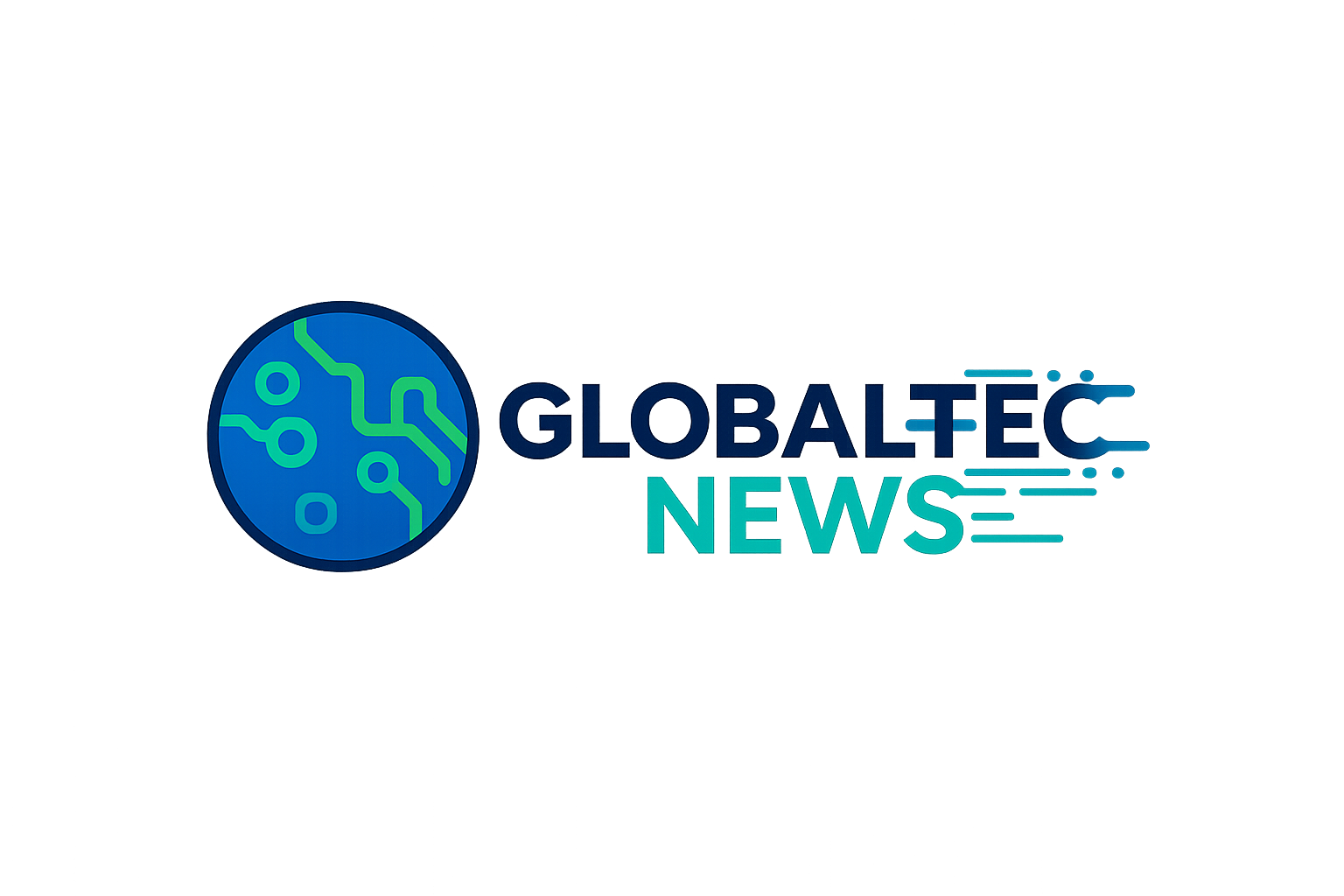Ghanaians will soon enjoy more data for the same price as the country’s major telecom operators—MTN, Telecel, and AirtelTigo—are set to increase data bundle volumes by 10% to 15% beginning July 1, 2025. The announcement follows a coordinated effort by the Ministry of Communications to ensure consumers get better value amid growing concerns about data affordability and accessibility.
This nationwide upgrade is expected to positively impact millions of mobile internet users, including students, remote workers, entrepreneurs, and families.
📊 What Are the New Bundle Changes?
Telecommunication companies are implementing the following changes starting in July:
-
MTN Ghana: All data bundles will increase by 15%, including a major change to its GHS 399 plan, which will now offer approximately 214 GB instead of the reduced 92 GB.
-
Telecel Ghana: Customers will enjoy a 10% data boost, with its GHS 400 bundle jumping to 250 GB—a significant improvement from previous allocations.
-
AirtelTigo Ghana: Also rolling out a 10% increase, AirtelTigo’s GHS 400 bundle will grow from 195 GB to around 236 GB.
These changes apply across various data categories—monthly, weekly, and daily packages—bringing immediate relief to heavy data users.
🏛️ Government’s Role and Push for Reforms
The decision to raise bundle volumes follows several weeks of negotiations led by the Ministry of Communications and Digital Technology. Telecom providers were called upon to restore fairness to data pricing after consumers expressed dissatisfaction with reduced data values over the past year.
Government officials emphasized the importance of digital inclusion and affordability, and the new bundle structure is one of several steps being taken to create a more equitable and efficient digital economy in Ghana.
Regulatory bodies, including the National Communications Authority (NCA), have committed to monitoring the implementation closely, ensuring that operators adhere to the new standards without hidden costs or technical restrictions.
🔧 Infrastructure & Investment Commitments
Alongside the bundle increases, telecom operators have also pledged to invest over $150 million into upgrading their networks by the end of 2025. These investments aim to:
-
Expand 4G and 5G infrastructure.
-
Improve network speed and reliability.
-
Extend coverage to underserved and rural communities.
In addition, the government has fast-tracked the approval of new spectrum allocations, allowing providers to enhance service delivery and accommodate increased traffic from the larger data bundles.
💡 Why This Matters
The bundle increases are more than just numerical adjustments—they represent a shift toward consumer-first policy in Ghana’s digital landscape.
Key Benefits:
-
Better value for money: With more gigabytes per cedi, users can browse longer, stream more, and work or study online without constantly recharging.
-
Improved access to opportunities: Students and professionals can access educational resources and remote work tools more affordably.
-
Support for small businesses: Entrepreneurs relying on mobile internet for social media marketing, e-commerce, and mobile money services will see tangible benefits.
-
Bridging the digital divide: Lower cost-per-GB helps include more people in Ghana’s digital ecosystem, especially in lower-income brackets.
📌 What Consumers Should Expect
As July 1 approaches, telecom users should start seeing changes reflected in their bundles via USSD codes, mobile apps, and direct communication from their providers. It is expected that no price increases will be applied—the focus is strictly on volume upgrades.
Consumers are also encouraged to:
-
Monitor their data allocations and usage after July 1 to confirm the changes.
-
Report any discrepancies or issues to the NCA for resolution.
-
Take advantage of the increased volumes to explore digital tools, online education, and business opportunities.
🔭 Looking Forward: A New Digital Chapter
The data bundle increase is a positive step in Ghana’s broader digital transformation agenda. It reflects a government that is responsive to public concerns and telecom providers that are willing to adjust in the interest of national development.
However, stakeholders acknowledge that this is just the beginning. More comprehensive reforms are in the pipeline, including:
-
Potential reductions in data-related taxes.
-
Special bundles for students and low-income groups.
-
Infrastructure expansion through partnerships and subsea cable connections to lower internet wholesale costs.
As the country moves toward greater connectivity and economic digitization, policies like these serve as important milestones. They show that through cooperation and strategic planning, Ghana can achieve a more inclusive and affordable digital future.
Conclusion
Starting July 1, Ghanaian internet users will receive more data for the same price—a welcome relief and a clear example of how policy and market forces can work together in favor of the people. With increased transparency, better service, and renewed investment, Ghana’s digital space is entering a promising new era.
Let July 1 mark the day Ghana moved closer to closing its digital divide, one gigabyte at a time.
